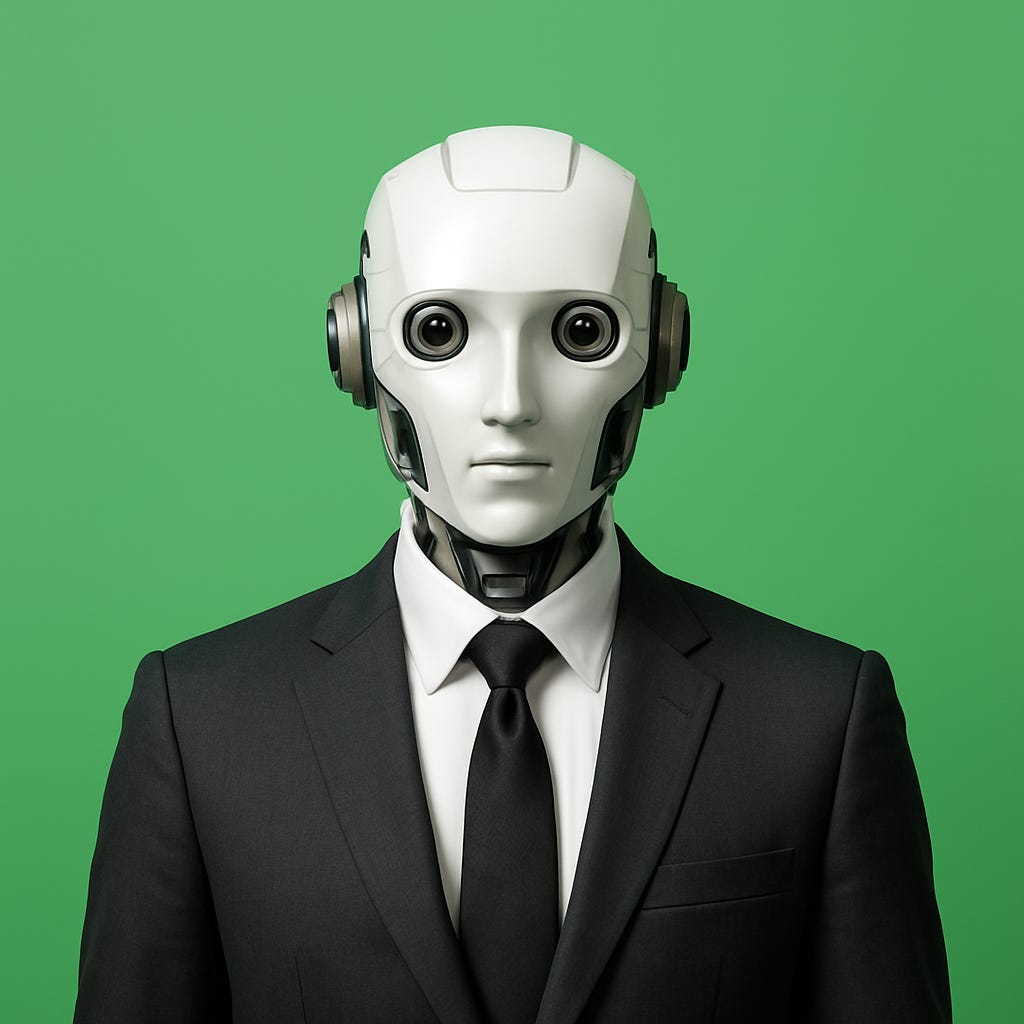AI agents will make you unemployable (and that's just the beginning)
It's not automation - it's replacement.
It's an AI that can control your entire computer while you sleep.
It's an AI that can navigate websites, fill forms, and execute complex tasks autonomously.
It's an AI that can replace entire departments with a single software subscription.
It's ChatGPT's new Agent & you're up for a big surprise. Previous AI tools always required human oversight. You'd ask questions, get answers, then manually execute the work yourself.
This is not the same as there is a main aspect that changes this entire narrative - The Execution Factor.
We used ChatGPT to write emails. But we still had to send them ourselves.
We used AI to analyze data. But we still had to act on the insights.
The AI market is trying as much as possible to get to the core of human thinking.
This latest release eradicates the human execution step. That is the terrifying aspect that will reshape how we think about employment.
ChatGPT and the Automation Gap
Traditional AI answers questions. ChatGPT Agent completes tasks.
Regular ChatGPT writes code. ChatGPT Agent deploys applications and manages the entire development workflow.
Standard AI tools analyze competitors. ChatGPT Agent researches three companies, creates a comprehensive slide deck, and delivers it formatted for your next board meeting.
The gap between AI assistants and AI workers isn't about capability anymore. The gap between humans and ChatGPT Agent will be about economic necessity.
We remember when AI needed constant supervision. Future workers will remember when humans were necessary for task completion.
That's the game-changing part.
The Most Replacing Capabilities
Three features are rewriting the job market right now:
Virtual Computer Operation: ChatGPT Agent uses its own virtual computer to navigate websites, interact with web interfaces, and execute multi-step workflows autonomously. It doesn't just suggest what to do—it does it.
Workflow Integration: The agent connects with Gmail, GitHub, and other business tools, handling everything from inbox management to code deployment. No human handoffs required.
Task Completion: Users can ask it to "plan and buy ingredients for Japanese breakfast for four" or "analyze three competitors and create a slide deck"—and it delivers finished work, not just suggestions.
The pattern? Every capability removes the beautiful inefficiency of human involvement.
The Replacement Reality
Here's the reality check: 41% of employers worldwide intend to reduce their workforce in the next five years due to AI automation, yet most people still think their jobs are safe.
We're already dependent. We just don't realize how replaceable we've become.
MIT research shows AI will replace 2 million manufacturing workers by 2025, but finance jobs are disappearing faster because everything is data-based. ChatGPT Agent handles data analysis, financial modeling, and report generation—the entire workflow that employs millions.
37% of companies using AI say the technology already replaced workers in 2023 because "they were no longer needed".
By the time businesses fully adopt agents like this, human employees won't gradually be phased out—they'll be immediately redundant.
The agent can handle complex tasks like converting screenshots into presentations, browsing websites to gather information, running code in its terminal, and creating finished deliverables like spreadsheets and slide decks.
Companies will realize they're paying salaries for work that costs $20/month.
The Problem We're Creating
We're optimizing for efficiency and eliminating the beautiful necessity of human employment. Future workforces will be the first to not understand why you'd hire a human when an AI agent works 24/7, never takes sick leave, and delivers consistent results.
They won't get why you'd pay someone $60,000 annually when software handles the same work for less than your monthly coffee budget.
They'll see incredibly efficient operations. They'll witness problems solved instantly. They'll have access to unlimited AI capabilities.
But they'll struggle with the one thing that used to define the economy: humans being necessary for value creation.
And honestly? We're creating this crisis because we're too focused on quarterly profits, too impatient with human limitations, and too comfortable replacing people with algorithms.
The unemployable future isn't a technology problem. It's a choice we're making.
The question isn't whether ChatGPT Agent will reshape work—it already is. The question is whether we'll build an economy where humans still have a place, or whether we're engineering our own obsolescence one breakthrough at a time.


